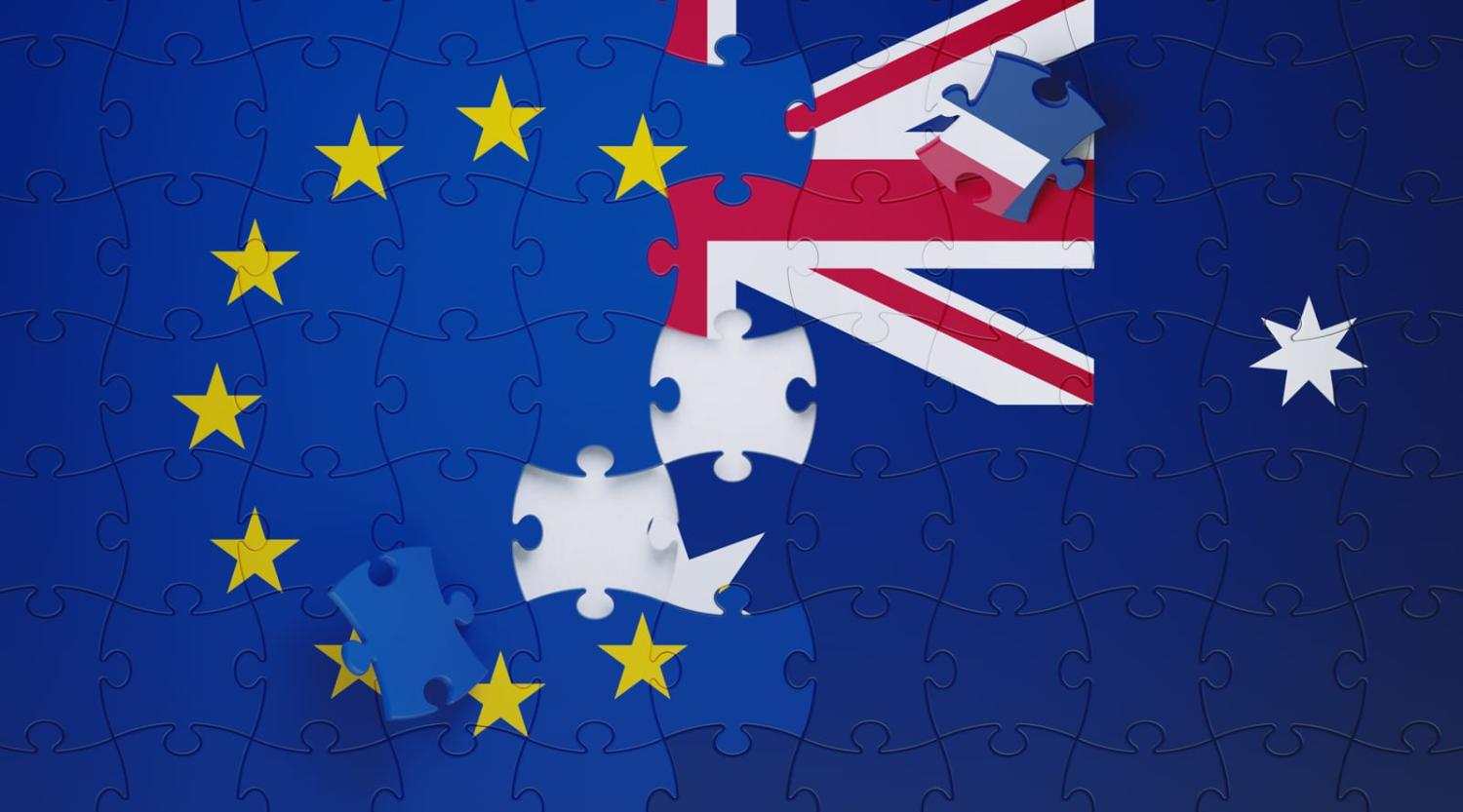Seen from Australia, the European Union may seem very distant and somehow disconnected from the Indo-Pacific. Yet, the strategic space in which Australia and the European Union operate today has been radically transformed, first by the rise of China and its greater assertiveness in the international arena; and second by the more recent escalation of Russia’s aggression on the European continent with its invasion of Ukraine. As Australia’s Foreign Minister Penny Wong put it, the current configuration “is more than great power rivalry, [it] is … nothing less than a contest over the way our region and the world work.”
In this context both Australia and the European Union have elaborated Indo-Pacific strategies in which each expresses a desire to rebalance peacefully relations with Beijing and to insulate the European Union and Australia respectively from the potentially disastrous consequences of the great power rivalry. Both refuse to engage in the current polarisation rhetoric aware that in a world where every single activity is being weaponised, the military is only one component – not necessarily the most important one – of the challenge they collectively face.
Parallel narratives on convergent interests have not, however, translated into more effective cooperation or coordinated policies. The recent failure to conclude the negotiations for an Australia-EU free trade agreement illustrates this point. The FTA foundered – yet again – on agriculture, losing in the process an opportunity to coordinate policies in other strategic areas, notably in respect of critical minerals. Cooperation in the policy areas covered by the FTA can still occur on a case-by-case basis but inevitably more slowly and possibly not at all.
In real terms, the FTA would have delivered broader trade diversification and a reduction, for both parties, of dependencies on China. In practice, the end of the negotiations means that the latter remains unchanged. At a time of both growing protectionism and weaponisation of the trading system, both Australia and the European Union are missing a valuable opportunity to reduce their reliance on China as well as the latter’s capacity to coerce them economically.
Engagement with the Pacific Island states is another albeit very different field in which Australia and the European Union, respectively the first and sixth donor of development assistance, could cooperate more closely. Both Australia and the European Union are working to prevent a potentially hostile China developing its influence in the region. Both have mobilised considerable funds for energy transition or climate change, an issue that most Pacific Island states see as an existential threat. Yet Australia and the European Union differ fundamentally on the specifics of their action, particularly in responding to climate change.
The same is true in fields which define the terms of the coalition with the Pacific Island states. From climate change to policing or maritime security, in particular Maritime Domain Awareness, the European Union has taken a series of capacity building initiatives, representing a partial response to the actual needs of the region. In none of these do Australia and the European Union actually cooperate, or even coordinate, despite the commitment of their respective leadership, acting in parallel at best and ignoring each other or, at worst, competing with each other.
Crucially, such a lack of cooperation, even on an ad hoc basis, places Australia and the EU in de facto bilateral competition with China on each and every issue they intend to address. This, in turn, confers on smaller Pacific Island states considerable leverage but, more negatively, gives China an influence incommensurate to its actual involvement. Beijing may ultimately be in a position to alter the regional order in its favour through the development of its bilateral relations with the regional states. Indeed, the region is drifting towards China, one Island state at a time. Such a situation is unlikely to benefit either Australia or the European Union.
The European Union remains today largely absent from an Australian political narrative, understandably focused on the modernisation of the national military. The European Union appears marginal to regional security. It should be noted though that the current militarisation is often observed with anxiety by the states of the region when not outright rejected. In this context, what is perceived as the EU’s weakness by Australia may be its main strength. Precisely because it appears non-threatening, the European Union may actually be more acceptable, offering additional options to manage China’s increased activity and assertiveness in the region.
It is therefore time to redefine and deepen the relationship between the European Union and Australia. None of what the European Union can offer will provide guarantees against a potentially hostile Chinese presence in the region. It can nevertheless considerably help reduce the strategic and political space in which China can operate. This could and should be the basis for the framing of a more effective partnership, which is so central to the definition of the Indo-Pacific concept.


